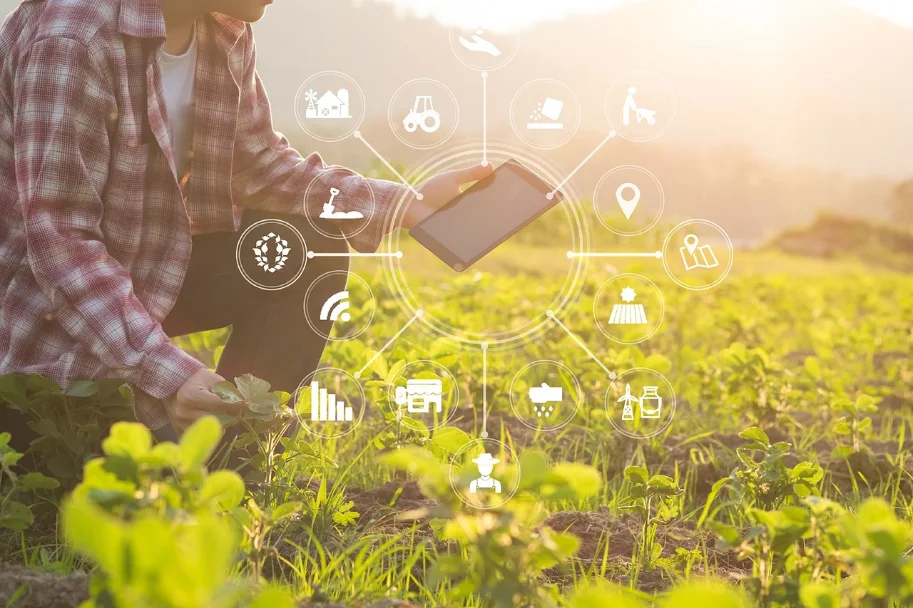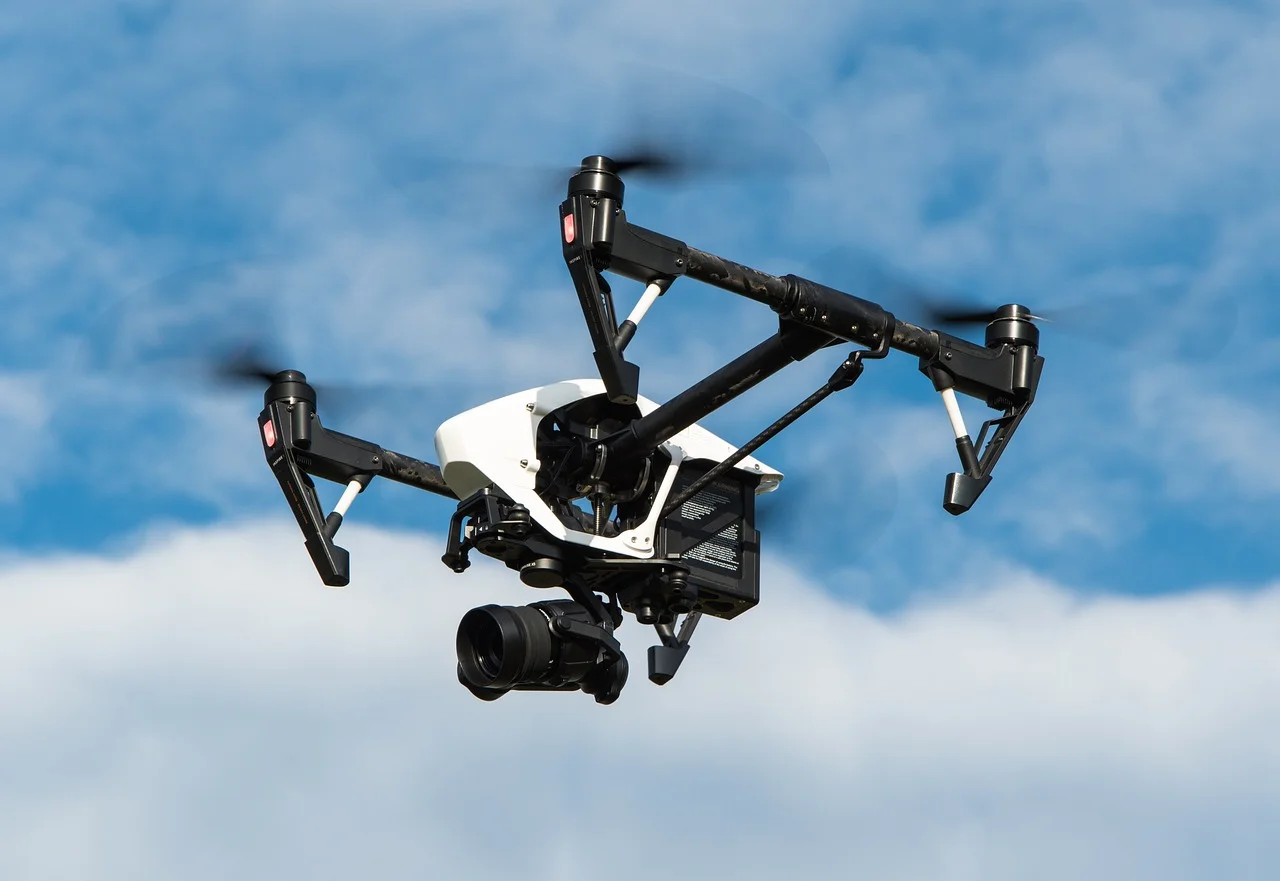Throughout history, farming has evolved significantly. We’ve moved from relying solely on humans and animals for power to embracing technology as a crucial tool in making farming sustainable and efficient. This shift, often referred to as the ‘agtech Revolution,’ marks a significant change towards more innovative and environmentally friendly farming methods. It’s about integrating advanced technologies into our traditional farming practices.
The tale of agricultural innovation stretches across centuries, each era defined by the technologies of the day. Initially, farming depended on manual labor and basic tools. Then came the era of mechanization, which lasted until recently. While mechanization boosted productivity, it also led to new problems like environmental damage and inefficient resource use.
In the 20th century, a new era of agriculture emerged, marked by the fusion of computational and electronic technologies. This period gave rise to precision agriculture, which uses robotics, programmed machinery, and advanced methods to improve farming while reducing environmental harm. Today, we’re entering another new era in agriculture. Technologies like the Internet of Things (IoT), big data analysis, artificial intelligence (AI), and cloud computing are transforming the agricultural sector as we understand it.
Thanks to IoT technologies, precision agriculture is ushering in a new era where data guides farming decisions. Sensors in fields track soil moisture, weather conditions, and crop health instantly, empowering farmers to intervene promptly and use resources efficiently. This monitoring isn’t limited to the farm—it extends remotely, letting farmers oversee and manage agricultural tasks from any location with internet access.
With climate challenges on the rise, smart agriculture brings new hope by offering creative solutions to make farms more resilient and reduce greenhouse gas emissions. Climate-smart agriculture (CSA) uses IoT technologies to monitor and adjust to shifting environmental conditions, promoting sustainable food production and protecting the planet for generations to come.
Big data analytics and AI algorithms play a crucial role in making the most of the data produced by smart farming systems. These technologies offer valuable information about how crops grow, the health of the soil, and how resources are used. This helps farmers use inputs better, get better yields, and lessen the impact on the environment.
Smart agriculture holds the promise of boosting productivity and efficiency while also addressing environmental concerns and food security. By using IoT, big data, and AI, smart farming provides a comprehensive way to manage agriculture that’s both high-tech and environmentally friendly.
As we approach a new phase in agriculture, adopting smart farming technologies gives us a glimpse of a more environmentally friendly and intelligent future for farming. By embracing innovation and using technology’s potential, we can create a sustainable and adaptable agricultural landscape that meets the needs of current and future generations.
The agtech revolution marks a significant change in farming practices, driven by the seamless integration of smart farming technologies. From precision agriculture and IoT-based monitoring to climate-smart solutions and AI-driven insights, these technologies are essential for creating a more sustainable, efficient, and adaptable agricultural future. As we navigate the challenges of a rapidly changing world, the prospect of smart agriculture brings hope for a greener and smarter tomorrow.





